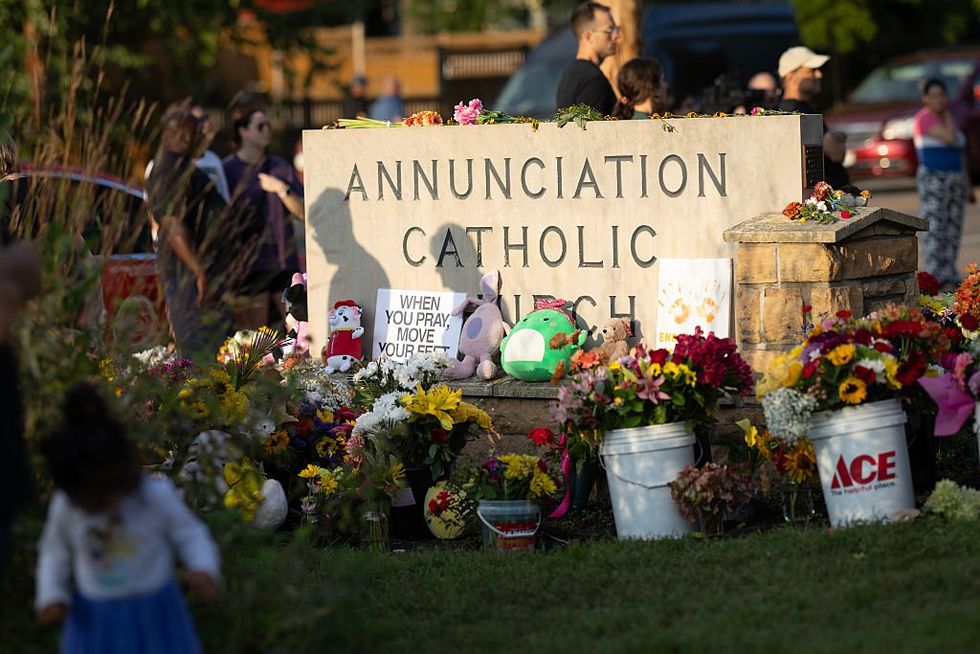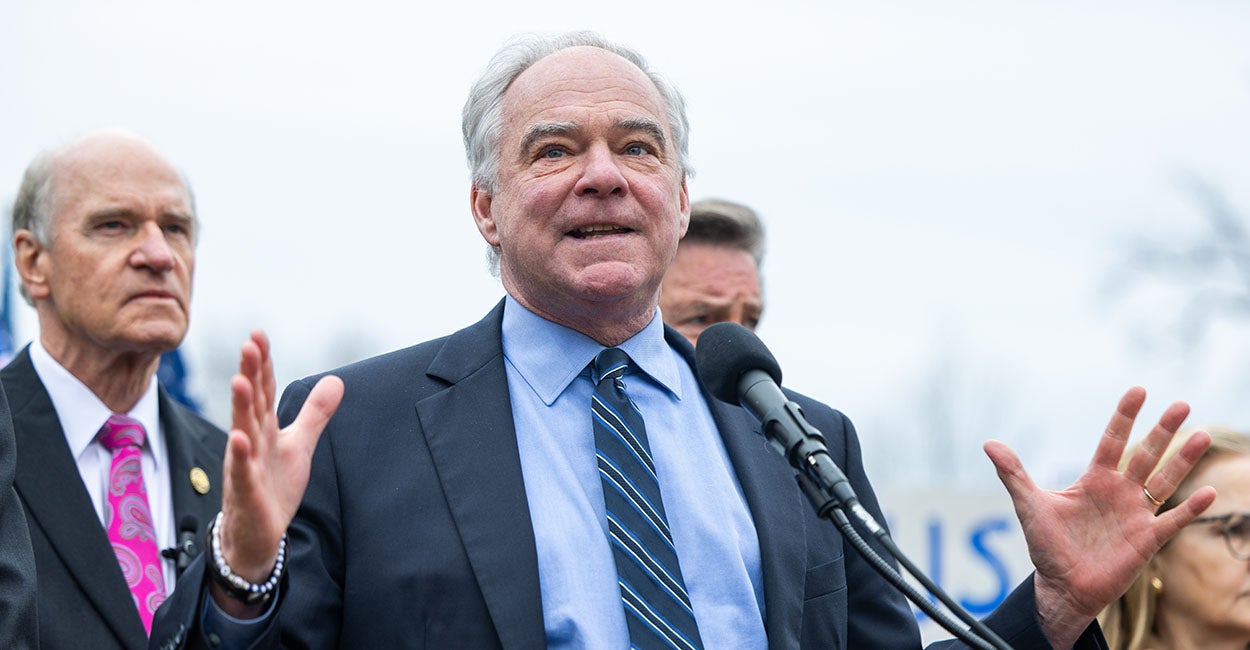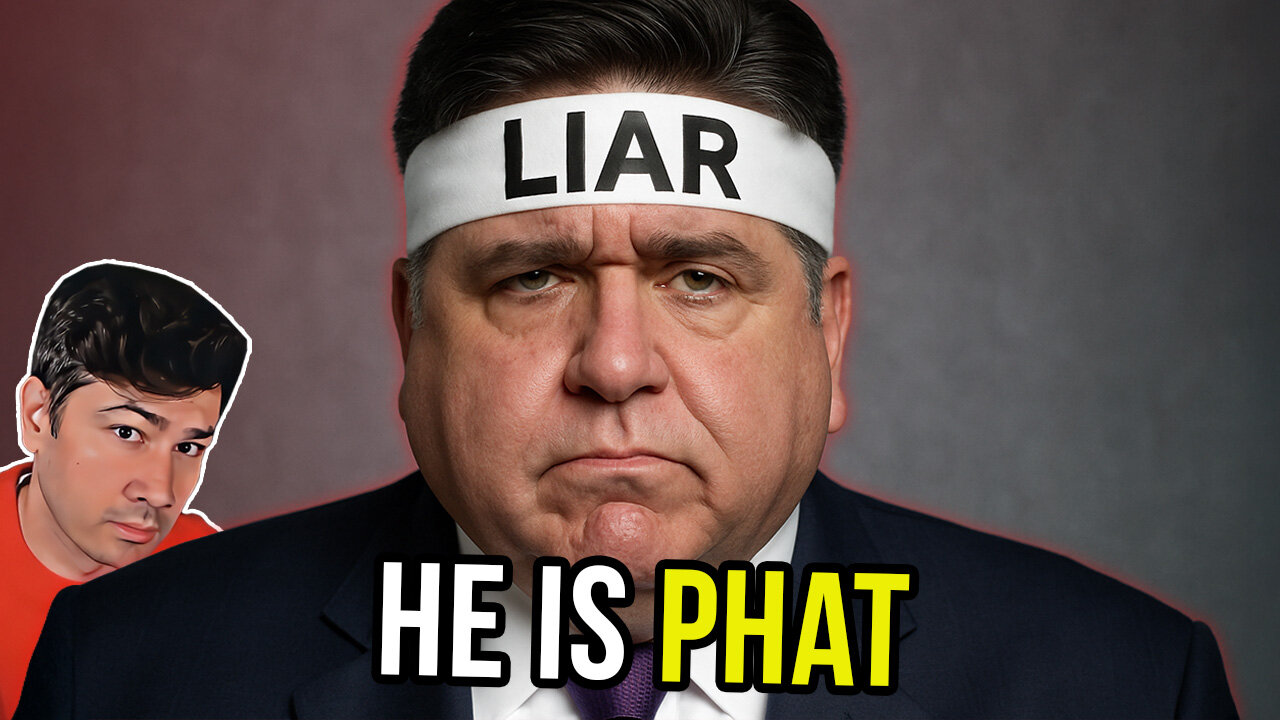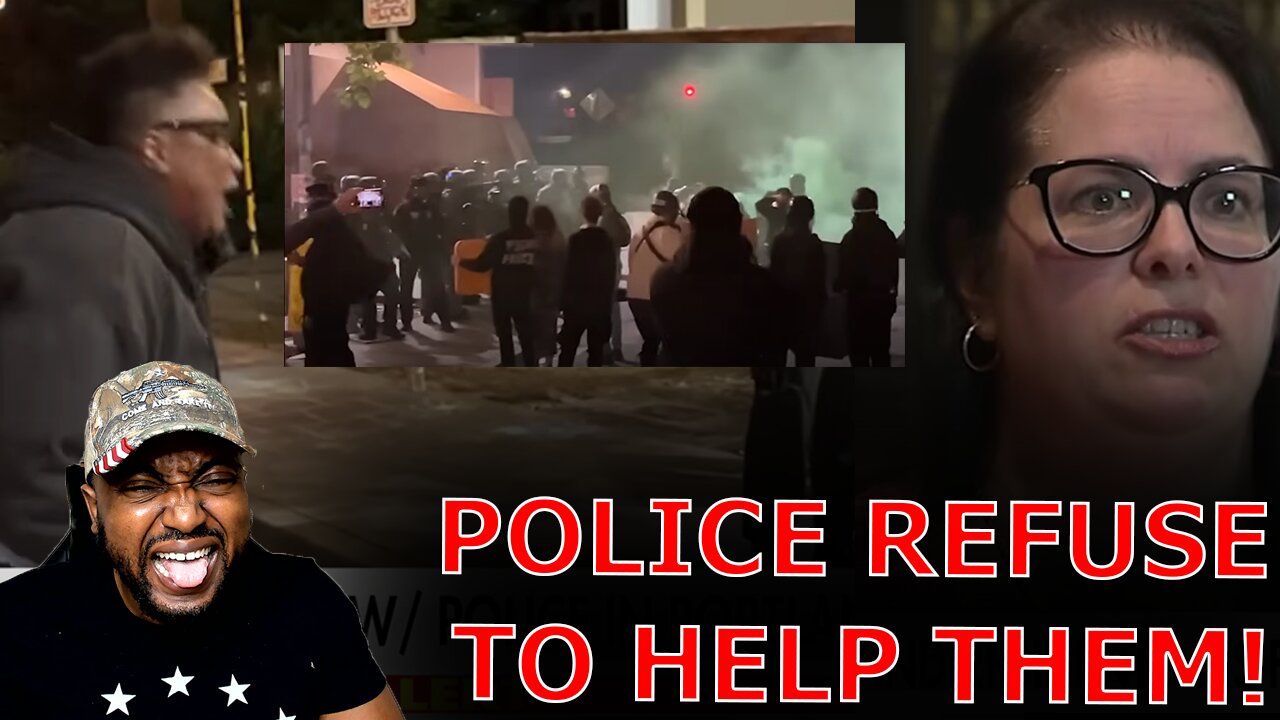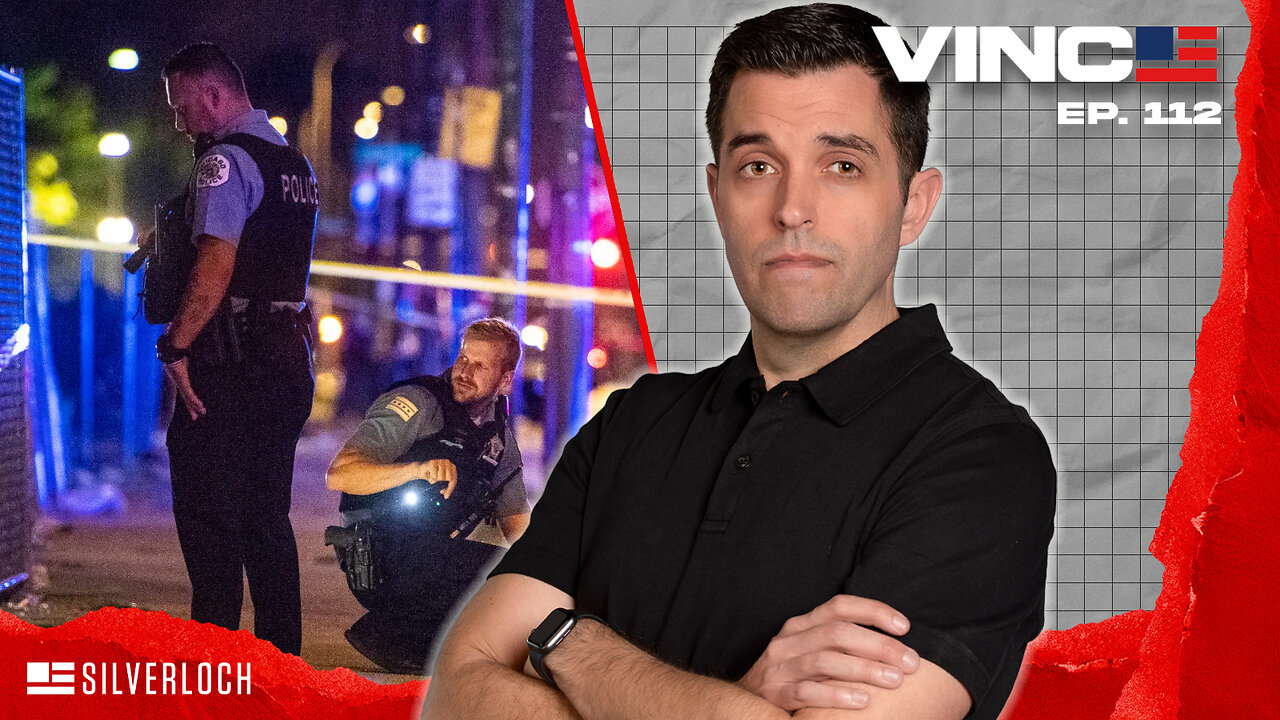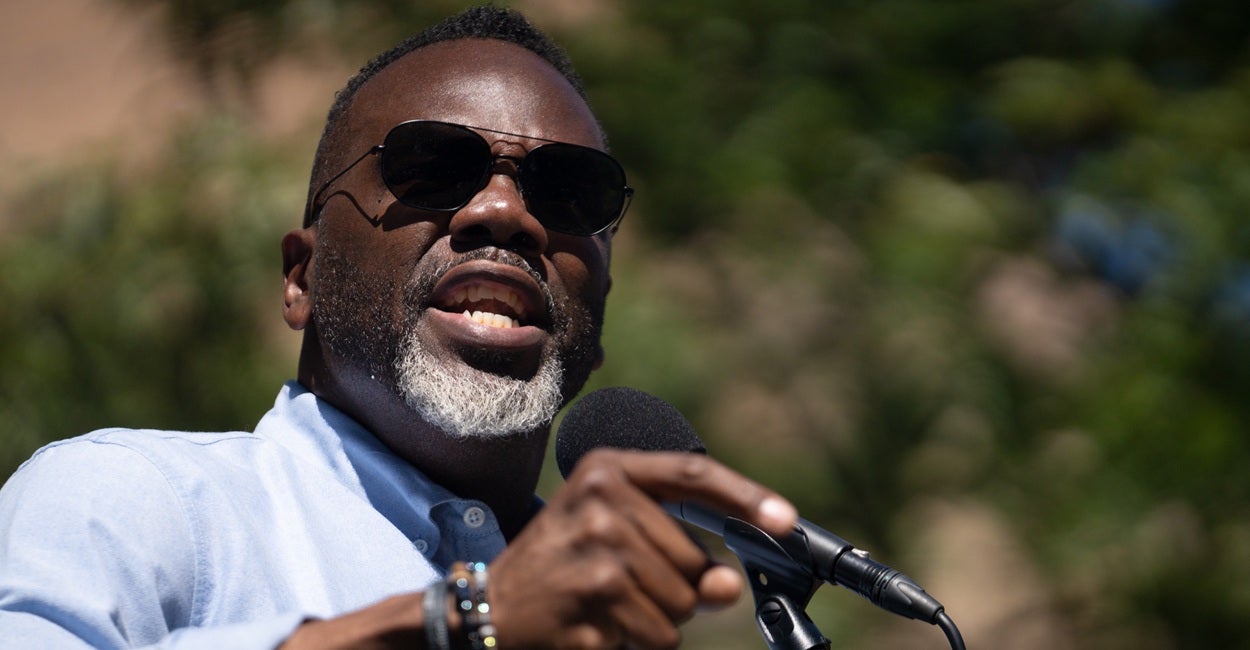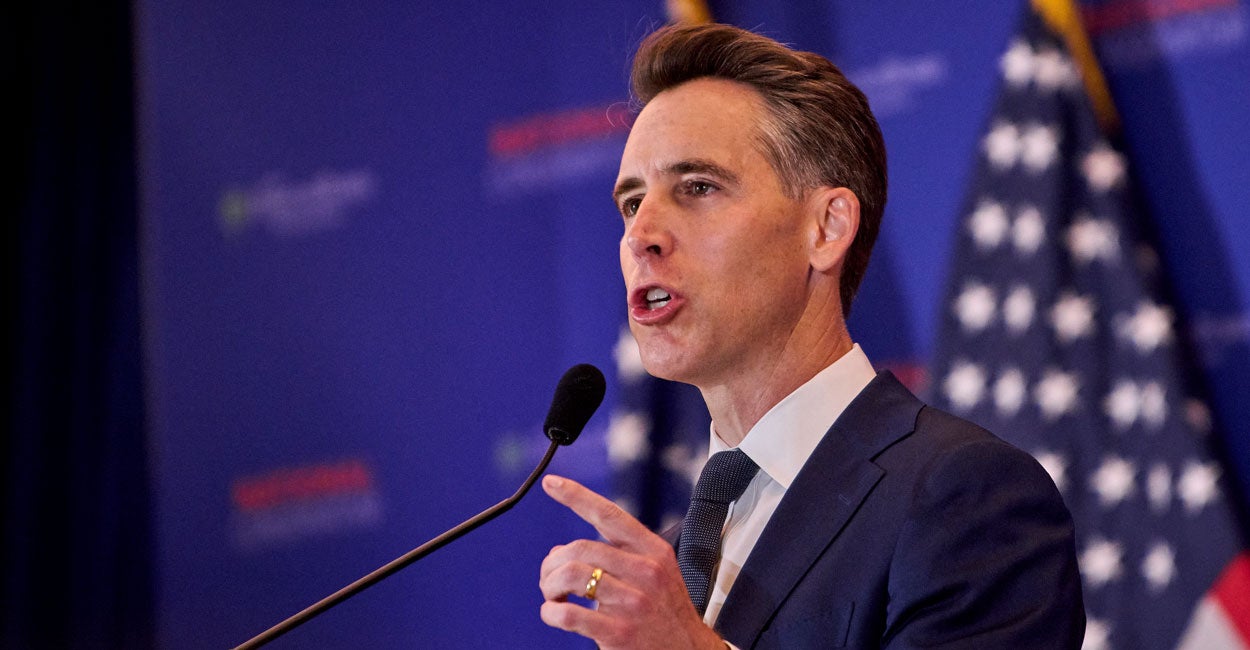Blaze News investigates: Springfield sees lives saved, Haitian exodus thanks to Trump's deportation threats


Republicans and other politicos identified Springfield, Ohio, in the lead-up to the 2024 election as municipal proof of the ruinous nature of the Biden administration's immigration policies.
Much was said about Springfield, and a great deal was promised in the way of possible remedies; however, the spotlight has since shifted and national attention along with it.
Blaze News recently reached out to city officials, local law enforcement, and the Department of Homeland Security in hopes of ascertaining whether anything has actually changed — for better or worse.
While the mayor and elements of his office are tight-lipped about the matter, the head of the Tremont City Police Department in the greater Springfield metropolitan area revealed that a great deal has changed socially and demographically since November — and that much of it can be attributed to President Donald Trump.
"I can't even fathom how bad it could be if that election went completely opposite," said TCPD Chief Chad Duncan. "There were people living in tents behind businesses, just inside of the wood line. The parks were overrun with homeless immigrants, and you don't see that now."
"So I guess you got to thank the good Lord that He decided to give us what we asked for, which was President Trump, and he did it in a very timely fashion," added Duncan.
Before
The blue-collar city, which had a population of just over 58,000 in 2020, was flooded over a short period of time by tens of thousands of Haitian migrants.
The majority of these migrants were temporarily authorized to stay under humanitarian parole programs, including the Biden administration's controversial Cuban Haitian Nicaraguan Venezuelan parole program, which authorized 211,010 Haitian parolees by October 2024.
Many of those who flocked to Springfield initially entered the country illegally — as Vice President JD Vance suggested, to the liberal media's displeasure, during the Oct. 1 vice presidential debate — but were spared deportation on account of Haiti's Temporary Protected Status.
If a nation has an ongoing armed conflict, has an environmental disaster, or faces other extraordinary conditions, the DHS secretary can designate that country for TPS, thereby shielding its nationals squatting in the U.S. from deportation for a period of six to 18 months.
Biden's DHS Secretary Alejandro Mayorkas reinstated Haiti's TPS in 2021, then kept doubling down in subsequent years, expanding eligibility for protection along the way.
'We have had this influx that has taxed all these services.'
The rapid population growth experienced by Springfield, which was driven by the influx of largely deportation-immune Haitian migrants who in many cases were entitled under federal law to exploit public benefits such as food stamps and Medicaid, resulted in immense strains on the city's health care, law enforcement, housing, and schools.
The New York Times noted, for instance, that between 2021 and 2023, Springfield's health clinic saw a 13-fold increase in Haitian patients, which left its staff and budget greatly overburdened.
Springfield Mayor Rob Rue told PBS News last year, "The infrastructure of the city, our safety forces, our hospitals, our schools — Springfield is a close community and has a big heart, but at the same point, we have had this influx that has taxed all these services."
Citizens' unease over the migrant crisis — which at one point prompted a petition to recall the entire city commission — was exacerbated by cultural differences with elements of the Haitian population; harassment; special treatment afforded to migrant students; concerns over wage suppression and job replacement by migrants; allegations of Haitians eating pets and wildlife; and a significant spike in Haitian-caused traffic accidents.
'It's been overrun. You can't do that to people.'
One accident in particular prompted some Ohioans to rethink their acceptance of the new reality foisted on them by the Biden administration .
Hermanio Joseph, a Haitian immigrant who had been in the country for roughly one year, took to the roads of Clark County, Ohio, on Aug. 22, 2023, in a minivan without a driver's license. Driving recklessly, he veered across the center line of State Route 41 and into a school bus full of children, injuring 23 and taking the life of an 11-year-old American boy, Aiden Clark.
Following the horrific crash, numerous citizens made abundantly clear at the Aug. 28, 2023, city commission meeting that they were reaching their breaking point. Things would, however, get worse before they could get better.
After
When asked whether there have been any signs of progress or relief in the migrant crisis in Springfield following the election, Chief Duncan told Blaze News, "Things have changed drastically."
"When our president got elected, it seems that a majority [of the Haitian migrants] packed up and either went to New York or Florida," said Duncan. "At one point, you couldn't even find luggage in the vicinity because they'd all been bought up because they were leaving."
President Donald Trump and Vice President JD Vance indicated on the campaign trail that they would send packing many of the Haitian migrants paroled and/or granted temporary protected status by the Biden administration.
"We're going to have the largest deportation in the history of our country," Trump told reporters in September. "And we're going to start with Springfield and Aurora, [Colorado.]"
"It has nothing to do with Haiti or anything else. You have to remove the people, and you have to bring them back to their own country," Trump told NewsNation the following month. "Springfield is such a beautiful place. Have you seen what's happened to it? It's been overrun. You can't do that to people."
Sure enough, on his first day in office, Trump signed an executive order instructing the DHS secretary to "terminate all categorical parole programs that are contrary to the policies of the United States established in my Executive Orders, including the program known as the 'Processes for Cubans, Haitians, Nicaraguans, and Venezuelans.'"
The DHS indicated in an unpublished notice obtained by CBS News late last month that the Trump administration was planning to revoke the parole status of those allowed into the U.S. under the CHNV program. Those who have not yet obtained asylum, a green card, or TPS would be placed in deportation proceedings.
Like the 350,000 Venezuelan migrants who will soon lose work permits and temporary protection from deportation following DHS Secretary Kristi Noem's Feb. 1 decision, Haitian migrants could soon lose their temporary protected status.
During his first term, Trump tried to revoke TPS for Haitian migrants but was blocked by a California-based Obama judge. A three-judge panel of the Ninth Circuit Court of Appeals ultimately vacated U.S. District Judge Edward Chen's injunction but did not issue its directive to the lower court to make that ruling effective.
There appears now to be an opportunity and the political resolve to go the distance. Trump has vowed to terminate the TPS designation for Haiti.
The DHS had no comment on the proposed revocation of CHNV parolees' legal statuses or whether Noem will soon terminate Haiti's designation for TPS.
While CHNV legal statuses appear not to have yet been revoked en masse and there has been no announcement of Haitian migrants losing their protected status, multitudes of Haitian nationals in Springfield apparently weren't keen on waiting around for the other shoe to drop.
Following the election, there were reports of large numbers of Haitian migrants bailing out of Springfield in anticipation of possible deportation efforts.
"People are fully aware of the election result, and that is why they are leaving," Jacob Payen, co-founder of the Haitian Community Alliance, told the Guardian in November. "They are afraid of a mass deportation."
Chief Duncan told Blaze News that the fear of Trump's promised deportations was heightened by the understanding that "Ohio is not a sanctuary state and Springfield is not a sanctuary city" and by the clear presence of U.S. Immigration and Customs Enforcement agents in the area.
'Our death toll would have probably been extremely high if some of those migrants didn't vacate this area.'
"As soon as he was elected, they were rolling out by the droves," continued Duncan. "It could only be that they feared they were going to be deported right then and there."
The exodus of migrants has transformed Springfield, suggested Duncan.
"We haven't had as many vehicle accidents. Our hospitals are not full like they were all last year. Our schools are starting to go back to normal class sizes," said the police chief.
Duncan indicated that those migrants who have remained are for the most part "following the letter of the law now" and have done the work to get their driver's licenses.
"I haven't towed any Haitians' vehicles in the last three or four months," he said. "The people that want to stay here are doing the right things to make sure that they are able to stay, and the ones that did whatever they wanted to — it seems they vacated."
Duncan indicated that Trump's threat of deportation not only prompted positive change but may have saved lives.
"Our death toll would have probably been extremely high if some of those migrants didn't vacate this area and go elsewhere," said Chief Duncan. "I mean, they were living in the woods, in tents behind businesses, and this kind of cold weather — they would have never made it."
The exodus of migrants also meant that there is more housing availability for those who remain as well as less strain on local resources during what has ended up being a "really, really bad winter."
Blaze News reached out to Mayor Rob Rue and City Manager Bryan Heck for comment about the migrant crisis and the apparent exodus of Haitians. A city spokeswoman indicated that they "are not providing any comments on these matters at this time."
Like Blaze News? Bypass the censors, sign up for our newsletters, and get stories like this direct to your inbox. Sign up here!
Originally Published at Daily Wire, Daily Signal, or The Blaze
What's Your Reaction?
 Like
0
Like
0
 Dislike
0
Dislike
0
 Love
0
Love
0
 Funny
0
Funny
0
 Angry
0
Angry
0
 Sad
0
Sad
0
 Wow
0
Wow
0



